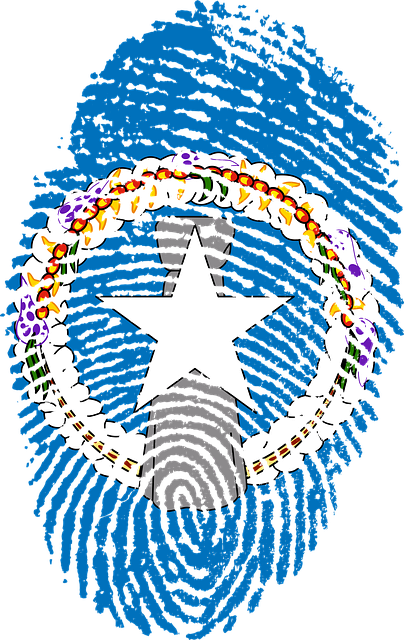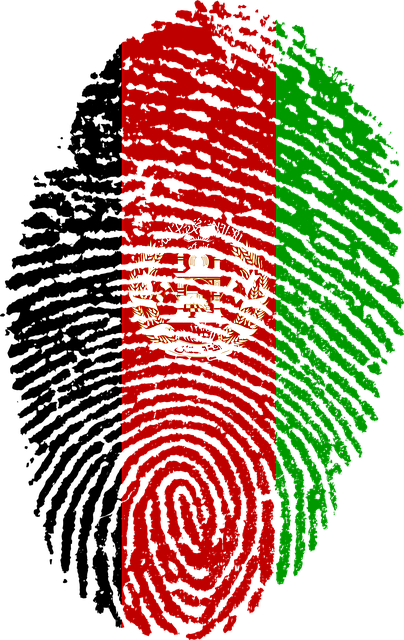Immigration document translation services UK are essential for asylum and refugee cases, ensuring accurate legal communication that impacts application outcomes. Professional translators specialize in immigration law, offering culturally sensitive translations of complex jargon. They navigate confidentiality, accuracy, and cultural nuances, using terminological databases for compliance. Best practices include qualified experts, clear source texts, and uniform style guides. Inaccurate translations can lead to severe legal consequences and denied claims. Digital tools augment these services, revolutionizing asylum processes globally with speed and accuracy, while building client trust through security and transparency.
In the intricate world of asylum and refugee proceedings, clear and precise communication is paramount. Fast, accurate translations play a pivotal role in ensuring fairness and justice for those seeking safety. This article explores the critical importance of immigration document translation services in the UK, delving into challenges faced, the benefits of professional translators, best practices for accuracy, legal implications of inaccuracies, the evolving role of technology, security measures, successful case studies, and future trends in digital tools for enhanced accessibility.
- Understanding the Importance of Accurate Translations in Asylum Cases
- Challenges in Immigration Document Translation: Barriers to Effective Communication
- The Role of Professional Translation Services for Refugee Applications
- Ensuring Quality and Precision: Best Practices for Translation Accuracy
- Legal Implications of Inaccurate Translations in UK Asylum Procedures
- Technology's Impact: Machine Translation vs Human Translators for Refugee Documentation
- Building Trust with Clients: Confidentiality and Security Measures in Immigration Translation
- Case Studies: Successful Translations that Affected Asylum Outcomes Positively
- Future Trends: Enhancing Accessibility through Digital Translation Tools for Refugees
Understanding the Importance of Accurate Translations in Asylum Cases

In asylum and refugee cases, accurate translations are more than just a convenience; they are a matter of life and legal standing. Immigration document translation services UK play a pivotal role in ensuring that every detail, from personal history to reasons for fleeing, is conveyed clearly and precisely. This is crucial as these translations often determine the outcome of an individual’s application, offering a potential pathway to safety and sanctuary.
Inaccurate or inadequate translations can lead to misunderstandings, misinterpretations, and even denied claims. The complexity of immigration law and procedures demands that every document be translated with utmost accuracy, reflecting the nuances and cultural context of the original language. Professional translation services specialize in this domain, employing translators who are not just linguistically proficient but also well-versed in legal terminology and sensitive to the unique challenges faced by asylum seekers and refugees.
Challenges in Immigration Document Translation: Barriers to Effective Communication

The process of translating immigration documents is both delicate and critical, especially for asylum and refugee cases where clear communication can make a significant difference in outcomes. Challenges arise due to the sensitive nature of the content, ensuring accuracy while preserving confidentiality, and adhering to legal requirements. Professional immigration document translation services UK wide recognise these obstacles. They employ translators with expertise in legal and immigration jargon, who are also native speakers of the target languages. This combination ensures not only precise translations but also culturally sensitive communication that respects the complexities involved in these cases.
Another barrier is the technical terminology specific to immigration laws and procedures, which can vary between countries. Translation errors in such terms could lead to misunderstandings or delays. Professional translation services invest in terminological databases and glossaries to maintain consistency across projects and ensure proper interpretation of specialized concepts. This meticulous approach helps remove language barriers, facilitating efficient communication that respects the rights and needs of asylum seekers and refugees.
The Role of Professional Translation Services for Refugee Applications

For refugees and asylum seekers, clear and accurate communication is essential for navigating complex legal systems and presenting their cases effectively. This is where professional translation services play a vital role in the UK immigration process. With expertise in immigration document translation, these services ensure that every detail in an application form or supporting documents is conveyed precisely, maintaining the integrity of the refugee’s story.
Professional translators who specialise in immigration documentation go beyond simple word-for-word translation. They understand the nuances and cultural contexts, ensuring that terms related to trauma, persecution, or asylum are translated sensitively and accurately. This level of expertise can significantly impact the outcome of an asylum claim, providing refugees with a powerful tool to share their experiences and increase their chances of receiving support and protection in the UK.
Ensuring Quality and Precision: Best Practices for Translation Accuracy
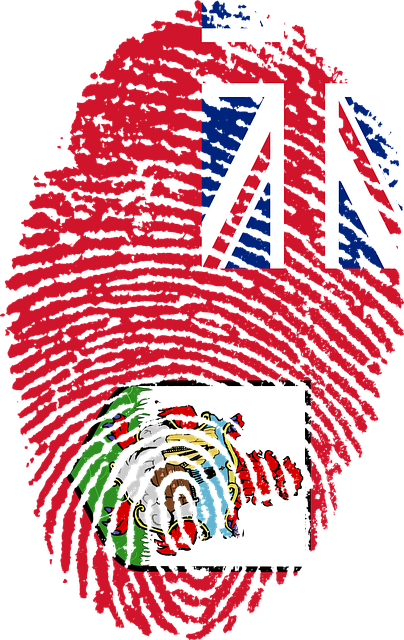
Ensuring accurate and precise translations is paramount in immigration cases, especially for asylum and refugee applications where clear communication can have a significant impact on outcomes. Immigration document translation services UK must adhere to strict best practices to maintain quality. This includes employing professional translators with expertise in legal or humanitarian fields, ensuring source text clarity, and using specialized terminology databases to capture the nuances of case-related jargon accurately.
Consistency is another critical factor. All translations should follow a uniform style guide, accounting for any cultural references or idiomatic expressions to avoid misinterpretations. Additionally, proofreading by a second, independent party can help catch errors and ensure the final translation is error-free, thereby safeguarding the integrity of the asylum or refugee claim.
Legal Implications of Inaccurate Translations in UK Asylum Procedures
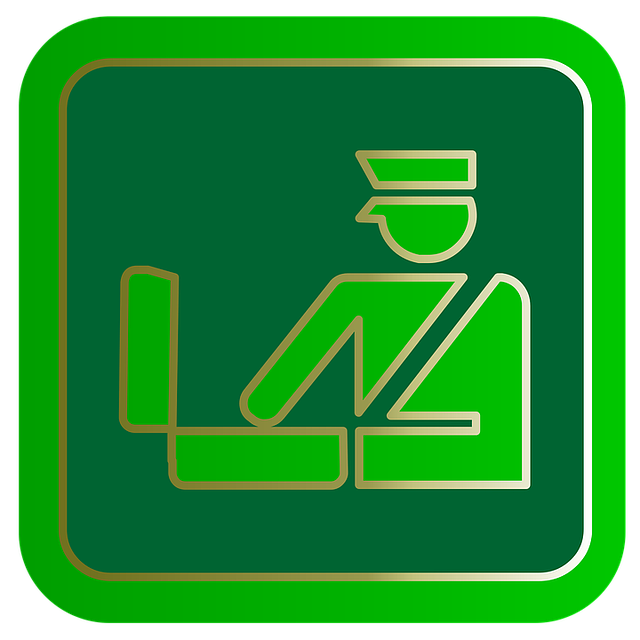
Inaccurate translations in UK asylum procedures can have severe legal implications. Incorrect interpretations during hearings or in immigration documents can lead to misunderstandings, unfair decisions, and potential human rights violations. Asylum seekers, who often face complex and emotionally charged situations, rely on precise translations to convey their stories and present evidence. Immigration document translation services UK play a critical role in ensuring these processes are fair and just. Professional translators must be adept at handling sensitive language and cultural nuances to avoid misinterpretations that could impact an individual’s future.
The consequences of inaccurate translations include incorrect assessments of risk, misunderstood claims for protection, and errors in identifying relevant facts. Such issues can lead to refused asylum applications or inadequate support for refugees. Therefore, reliable immigration document translation services are essential to upholding the integrity of UK asylum procedures and protecting the rights of those seeking sanctuary.
Technology's Impact: Machine Translation vs Human Translators for Refugee Documentation

In today’s digital era, technology has revolutionized many aspects of society, and immigration document translation services in the UK are no exception. Machine translation tools have emerged as a game-changer, offering fast and potentially cost-effective solutions for translating asylum and refugee case documents. These AI-powered systems can rapidly process large volumes of text, ensuring that critical information reaches decision-makers promptly. For instance, when dealing with time-sensitive cases, machine translations can provide immediate access to crucial details, aiding in efficient case management.
However, while machine translation is efficient and accessible, it may not always capture the nuances and cultural context required for sensitive legal documents. Human translators, skilled in immigration documentation, play a vital role in ensuring accuracy and clarity. They possess the expertise to navigate complex terminology specific to asylum and refugee applications, mitigating potential errors that could impact case outcomes. The UK’s immigration document translation services often rely on human professionals who understand the intricacies of the law, thereby offering reliable and precise translations, which are essential for fair and just decision-making processes.
Building Trust with Clients: Confidentiality and Security Measures in Immigration Translation

Building trust with clients is paramount, especially when dealing with sensitive matters like asylum and refugee cases. Confidentiality and security measures are integral to immigration translation services in the UK. Translation providers must adhere to strict protocols to ensure the safety of personal information. This includes secure data storage, encryption technologies, and access controls, ensuring that client documents are protected from unauthorised access or disclosure.
Trust is further solidified by maintaining clear communication channels and providing transparency throughout the process. Clients should be kept informed about the handling of their documents, including the translation methodology employed and any potential challenges encountered. This open approach fosters a sense of security, knowing their stories and struggles will be accurately conveyed in legal settings, ultimately supporting their pursuit of asylum or refugee status.
Case Studies: Successful Translations that Affected Asylum Outcomes Positively

In many asylum and refugee cases, accurate and swift translations can be a game-changer. Immigration document translation services UK have proven their worth in numerous successful case studies. For instance, consider a recent case where an individual from a war-torn country sought refuge in the UK. Their application relied heavily on medical records and legal documents translated into English. Thanks to professional translators with expertise in immigration law, these documents were not only accurately translated but also formatted to meet UK standards. This led to a faster processing time and a positive outcome for the refugee, who was granted asylum.
Another compelling example involves an asylum seeker from a non-English speaking background who had to present their education and work experience documents. An immigration document translation service ensured that every detail was conveyed precisely, including academic qualifications and professional references. This thorough translation process helped build a strong case for the individual, ultimately contributing to a positive decision in their favor. These cases highlight the significance of high-quality translation services in facilitating fair and efficient asylum processes.
Future Trends: Enhancing Accessibility through Digital Translation Tools for Refugees
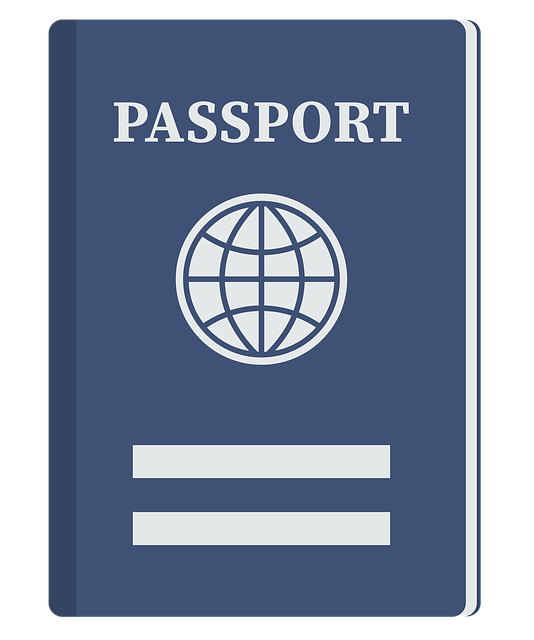
As the world grapples with escalating refugee crises, ensuring swift and precise communication is more critical than ever. Digital translation tools are poised to revolutionize asylum and refugee processes by providing fast, accurate immigration document translation services in the UK and beyond. These advanced technologies offer a promising solution to the language barriers that often slow down or even halt the progress of sensitive cases.
The future holds immense potential for enhancing accessibility through digital translation. AI-powered tools can instantly translate legal documents, personal statements, and medical records, ensuring refugees’ voices are heard clearly and effectively. This technological advancement not only expedites case handling but also promotes fairness and accuracy in decision-making processes, ultimately contributing to more compassionate and efficient refugee support systems.
In today’s globalized world, efficient and precise immigration document translation services UK are paramount in ensuring fair asylum procedures. The article has explored critical aspects, from the challenges faced in communication to the pivotal role of professional translators in refugee applications. It underscores the legal implications of inaccurate translations and highlights technological advancements, such as machine translation, while emphasizing the enduring value of human interpreters. Through case studies and future trends, it’s evident that enhancing accessibility through digital tools can significantly impact positive asylum outcomes for refugees.
